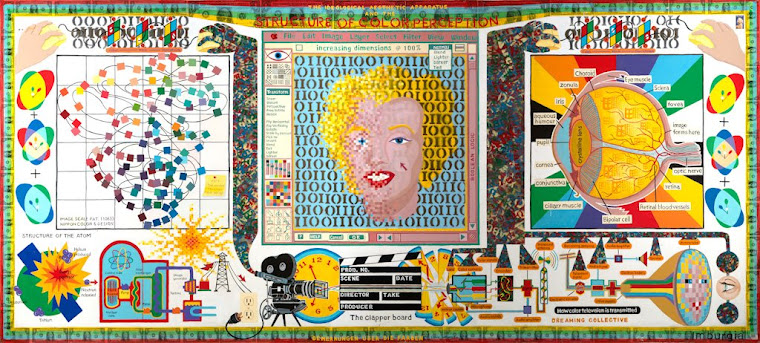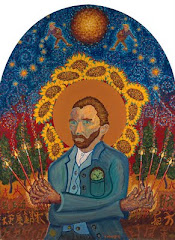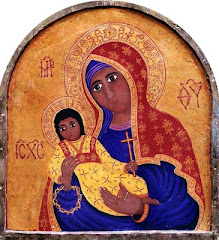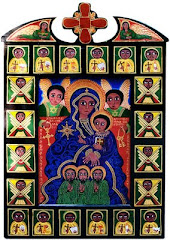Thursday, November 20, 2014
**** Klediments:
**** The first page of my rejected paper proposal for the AAR convention. I had been intending to write a follow up paper on one of my earlier post on Derrida’s “The Gift Of Death," but I was home sick for a few days and instead I watched the entire second season of “The Walking Dead.” This series got me again feverishly thinking, dreaming, and studying a bit about Zombies and why Zombies (and Vampires, post-apocalyptic dramas, memes, and spectacles) are so prevalent right now in proletkult consumption, political economy, and the united-statesian imagination? Is death really this deconstructably undecidable?
**** “Purity of heart is to will one thing.” S. Kierkegaard.
Some initial reflections/questions about Zombies for n.americans:
1. Zombies are mindless consumers. That is, they pursue their consumptive compulsions without satisfaction yet they are relentless in their quest for human destruction, and thus their own destruction as well. So perhaps something of their humanity abides after all? Zombies are pure desire in collective form.
2. Are Zombies evil? Is it possible that their singular focus demonstrates a type of goodness? Perhaps Zombies are equivalent to viruses or cancer cells? If so, aren’t they still part of the ethical economy of creation, part of the balance that obtains when, for example, a lion kills and eats a lamb? As Herbert McCabe argued, the lamb that is killed and eaten suffers real harm and loss, but the lion obtains real life-giving benefit, thus the badness that befalls the lamb is proportionate and necessary for the good of the lion (and in a big picture sort of way for the good of the Lamb as well, at least in theory as discussed by intellectual lions). And this all seems so reasonable too, until one is actually hunted down and chewed on by a lion, a cancer, or a Zombie.
3. Zombies eat brains but their own brains are dead. Yet no matter how many brains zombies eat it does not regenerate their minds. Could it be said that zombie brain eating is a kind of false worship or materialist sacramentalism? But if “false worship eats you alive" who are the real heretics here, the Zombies or their so-called “living” victims? Is being eaten alive by a Zombie a judgement on the false-worship of the living or the heterodox worship of the un-dead? Perhaps Zombies are just another kind of protestant?
4. Zombie communities are an ideal model (and a critical example) for the Christian Church in the following ways: Praxis supersedes dogma and doctrine. Zombies have a unity of purpose. Zombies don’t kill and eat each other. Zombification can happen to anyone regardless of gender, wealth, class, beauty, age, nationality, or sexual orientation. However, Zombies are easily distracted and misled and spend a lot of energy sniffing out those that don’t belong.
From Derrida’s The Gift of Death: "Christianity offers a new significance for death, a new apprehension of death, a new way in which to give oneself death or put oneself to death. Christianity demands a gift that involves renouncing the self, this abnegation of the gift, of goodness, or of the generosity of the gift that must withdraw, hide, in fact sacrifice itself in order to give. Thus, the genealogy of responsibility is interwoven with the history of gift and of death: in short of the gift of death. The gift made to me by God as he holds me in his gaze and in his hand while remaining inaccessible to me, the terribly dissymmetrical gift of the mysterium tremendum only allows me to respond and only rouses be to the responsibility it gives by making a gift of death...”(p 28).
Perhaps Zombies are the new gods of the coming age, but I wouldn't count the Vampires out in the next election! I am looking fwd to seasons one and three. God bless and much obliged.
Subscribe to:
Post Comments (Atom)














No comments:
Post a Comment